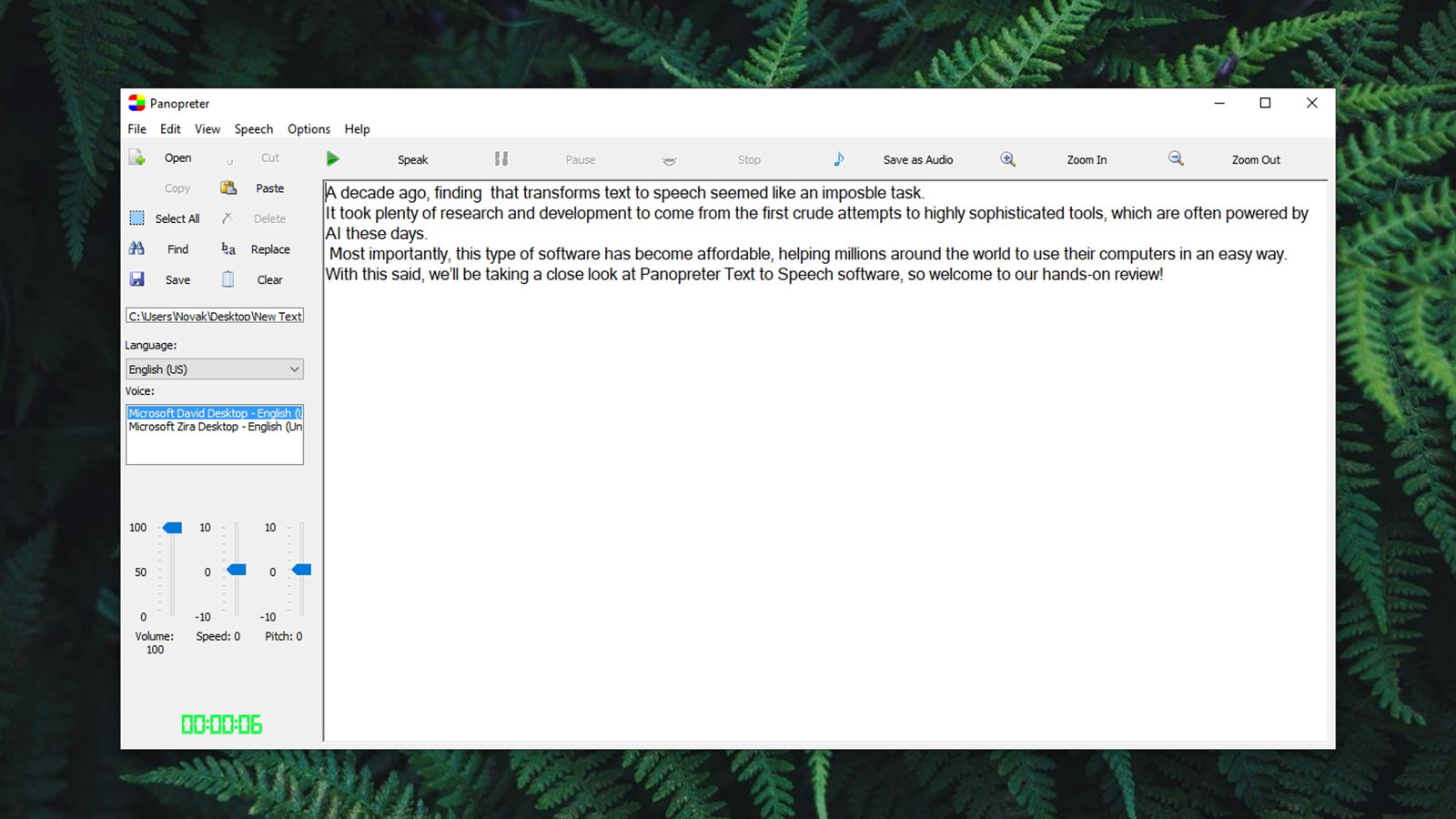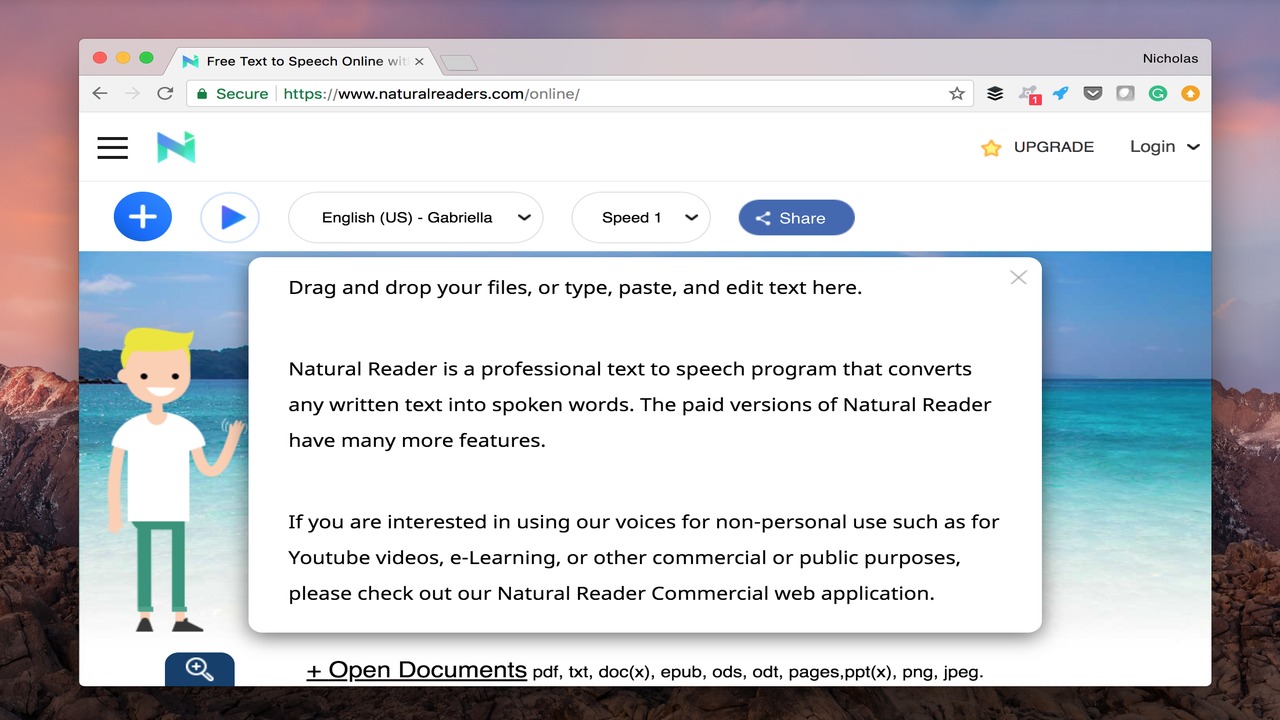

You take pride in your "Fast Fingers" trophy from high school typing class. (The microphones that come with the software are adequate, but dedicated users should upgrade. More money means you are paying for increased functionality and better microphone technology. Note that for each product, there is no difference in the speech engines throughout the price ranges. More expensive versions give you ease-of-use enhancements and functionality better suited to professional environments. Advanced features (including editions tuned specifically for medical and legal workers) are available for an extra cost. You'll get a version targeted towards users who focus primarily on e-mail and document creation. The versions used for this comparison review were Dragon NaturallySpeaking 8 Professional Edition and IBM ViaVoice 10 Pro USB Edition.ĭragon NaturallySpeaking pricing starts at $100.

While functionality and options are compared elsewhere ( IBM Viavoice or Dragon NaturallySpeaking), I’m focusing on recognition quality and ease-of-use. However, for this article, I'm using "voice recognition" to describe these software packages since the correct version of this term is rarely used correctly.) (If we want to get picky, "speech recognition" is the process of converting speech to text, and "voice recognition" is the process of identifying a person by their voice alone. This article compares these two as well as providing general comments on voice recognition technology. IBM’s “40 years of commitment to speech research and development” have in part lead to the ViaVoice software. Morphing through various forms since 1994, Dragon NaturallySpeaking is arguably the best voice recognition software available today. That's an easy way to describe voice recognition software like Dragon NaturallySpeaking and IBM ViaVoice. Talk into a microphone and the computer types what you say. Heck, if my cellphone can't even tell the difference between "Call Mom" and "Call Bob", can a computer do that much better? Happily, the answer is yes. When you consider the use of slang, accents, enunciation (or lack thereof, in my case) and the constantly-evolving rules of language, it's a little easier to understand why we're not yet talking to our TV's remote control. From "Danger, Will Robinson!" to the Star Wars' language translation droid C-3PO, the movies continually assume that computers can and will understand the spoken word as well as any human. The casually-conversing HAL 2000 computer in the movie 2001: A Space Odyssey makes it look easy.


 0 kommentar(er)
0 kommentar(er)
